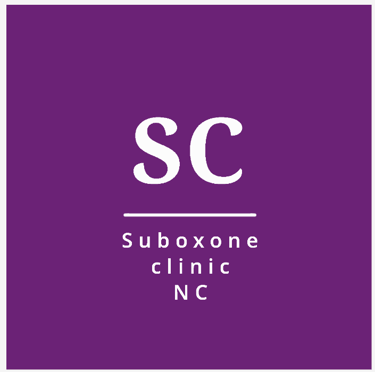What Is Ibogaine And The Mechanism Of Its Action?
Medications for opioid use disorder (MOUD) are an important tool for those who are addicted to opioids. This pharmacological component's efficacy in treatment has been demonstrated in numerous studies
Medications for opioid use disorder (MOUD) are an important tool for those who are addicted to opioids. This pharmacological component's efficacy in treatment has been demonstrated in numerous studies. To date, the World Health Organization (WHO) has recommended and the US Food and Drug Administration (FDA) has approved three drugs to treat opioid use disorder (OUD): methadone, buprenorphine, and naltrexone.
One or more of these three drugs are included in all brand-name MOUD prescriptions. Bunavail, Belbuca, Subutex, Suboxone, Naltrexone (Vivitrol), Sublocade, and Zubsolv are all common brand names. Other non-FDA-approved drugs are used by people to self-treat OUD. These substances have no scientific backing and are not prescribed by doctors in the United States.
Herbal medicines are frequently used as alternative self-treatment drugs. Ibogaine's history, usage, pharmacology, and available clinical research findings are summarized in this page.What Is Ibogaine and How Does It Work? Ibogaine is a hallucinogenic alkaloid that is naturally generated from the root bark of the Tabrananthe Iboga plant, which is endemic to West-Central Africa. Ibogaine has long been employed by the native peoples of West-Central Africa in religious and initiatory ceremonies. It's also been used to relieve exhaustion, thirst, and hunger in little dosages.
In the early 1900s, Ibogaine made its way into Western medicine. It was used to cure a wide range of ailments. Ibogaine was the topic of growing attention and excitement in the 1960s, owing to its putative anti-addictive characteristics. Clinical investigations on the effects of ibogaine in animals revealed that the alkaloid not only lowered opioid cravings after detoxification but also improved the symptoms of opioid withdrawal.
The effects of Ibogaine on humans were studied in a clinical trial in the Netherlands in 1993. Unfortunately, one of the study's female participants died unexpectedly. As a result, the National Institute on Drug Abuse (NIDA) cut funding for more human investigations, and Ibogaine clinical research came to a halt.Ibogaine is now classified as a Schedule I substance by the United States Drug Enforcement Administration (DEA). Drugs classified as Schedule I have no medically authorized use and are thought to have a high potential for misuse.
Ibogaine is utilized in dozens of clinics around the world, despite its Schedule I designation in the United States. Its legal status differs depending on where you are. Ibogaine is authorized for medical usage in New Zealand, for example.
In 2016, a 12-month longitudinal research in New Zealand looked at the consequences of lawful Ibogaine treatment for opioid addiction. Over the course of a year, a single Ibogaine treatment reduced opioid withdrawal symptoms and resulted in opioid cessation or reduced use in dependent people.
Because of all the unknowns and the risk of danger exceeding benefit, I don't suggest using Iboga owing to the potential severity of heart toxicity and death.
What Is the Effect of Ibogaine? Noribogaine and 18-methoxycoronaridine (18-MC), the two main molecular components of ibogaine, provide stimulatory and psychedelic effects. Ibogaine is currently used to treat OUD and other substance use disorders as a single, one-time dose, according to study. The treatment procedure differs from most FDA-approved MOUDs in that it is only used once.Ibogaine's cardiotoxicity is a major source of worry. Any toxic effect on the heart is referred to as cardiotoxicity. Concerns have been raised about the alkaloid ibogaine having a disruptive effect on the heart's rhythm. Seizures and claims of sudden death have also been reported as negative side effects of ibogaine. These life-threatening side-effects, however, cannot be confirmed or dismissed due to a lack of clinical study and examination of ibogaine.
There is no medical proof that ibogaine is safe or useful in the treatment of OUD at this time. Ibogaine's efficacy and safety profile remain vague and dubious until more clinical research are completed. Given the lack of methodologically robust studies and medical evidence of efficacy, Suboxone clinic strongly discourages the use of ibogaine to treat OUD.
